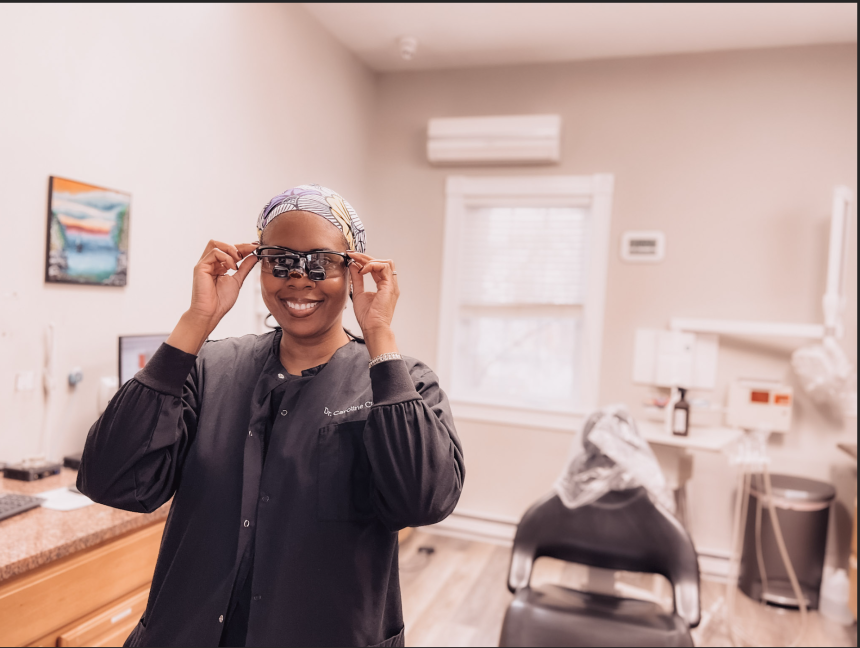Paying off medical or dental school debt is a complex issue despite doctor’s high income. After coaching hundreds of doctors, let me say that not all doctors make a high income.
Here are factors that contribute to why most doctors pay off their medical school debt easily given their high income.
-
- High Amount of Debt: Medical and dental school education are extremely expensive, often leading to substantial debt. The cost of medical school in the United States can be in the high six figures.
-
- Lengthy Education and Training Period: Doctors spend many years in education and training (medical or dental school, residency, and sometimes fellowships) during which their earning potential is limited. Interest on loans continues to accumulate during this period.
-
- Delayed Earning Potential: Unlike other professions, doctors start earning a substantial income later in their careers due to the extended period of training. This delay can make it harder to start paying off debt early.
-
- Lifestyle Expectations and Inflation: Once doctors start earning a higher income, there can be societal and personal pressure to maintain a certain lifestyle, which can lead to increased expenses.
-
- Compound Interest on Loans: If loans are not paid off or reduced during the training period, the compound interest can significantly increase the total amount owed.
-
- Taxes and Living Expenses: High incomes are often accompanied by high taxes. Additionally, the cost of living in areas where doctors often work can be quite high, further reducing the net income available to pay off debts. It’s key to have a good accountant.
-
- Other Financial Goals and Responsibilities: Doctors, like anyone else, may have other financial goals such as buying a house, saving for retirement, or providing for their family’s needs, which can compete with the goal of paying off student debt.
-
- Changing Healthcare Landscape and Reimbursement Rates: The economics of healthcare are changing, with fluctuating reimbursement rates and increasing costs of running a medical or dental practice, which can impact doctors’ incomes.
-
- Loan Repayment Plans: Depending on the type of loan repayment plan a doctor chooses, the payments may be structured in a way that prolongs the debt repayment period.
While doctors supposedly earn high incomes, the combination of high initial debt, delayed earning potential, and other financial pressures can make it challenging to pay off medical or dental school debt quickly.
The information provided in these programs is for informational and educational purposes only. It does not constitute tax, investment, or legal advice. If you are seeking such advice, you should seek the assistance of a qualified professional.
Caroline Clerisme, DMD

